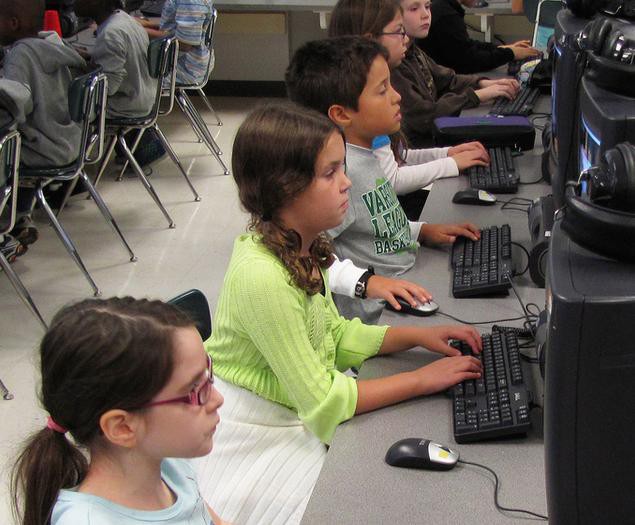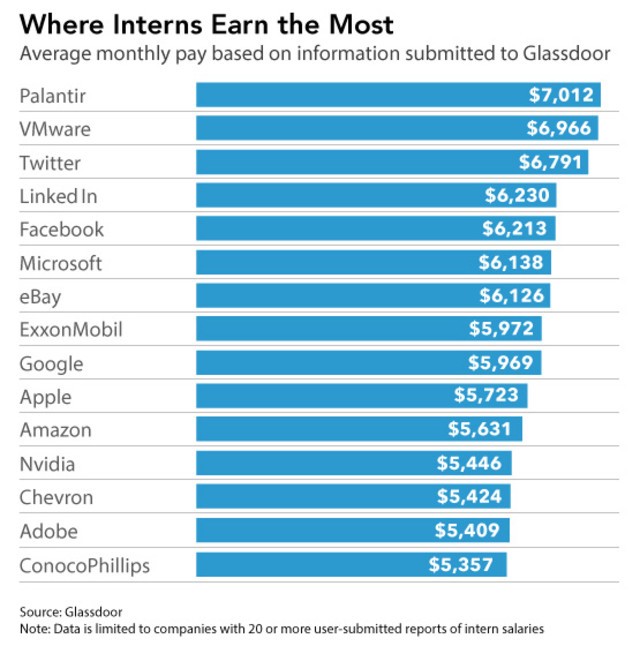In the Future, We Will All Understand Code

In a story for Mother Jones last month, Tasneem Raja asked, “Is Coding the New Literacy?” This wasn’t a “go to college and study STEM” argument, but rather, a discussion of whether understanding code in an increasingly digital world will just be as important as understanding how to read and write. Reading and writing, Raja points out, became more important in the 19th Century as written information from newspapers to store displays began to bombard people. Literacy rates soared, fostered “through religious campaigns, the nascent public school system, and the at-home labor of many mothers.” Everyone understood that reading and writing was important, though not everyone decided to become a writer. Could it be the same for code literacy? It’s not absurd to think that we may all understand code one day but not all grow up to be programmers.
And it’s true that the younger generation is becoming coding literate — many are plucked out of high school to go work directly in Silicon Valley, or at least as well-paid interns reports Bloomberg. Here’s a Glassdoor chart showing the companies that pay interns the best:

And what about college? If talented young coders are being scooped up by companies before they’re 18, does that mean fewer people will decide to go to college in a code literate world? The Bloomberg report reminds us that Facebook investor Peter Thiel pays people under 20 years old $100,000 to quit school to pursue their passions. Sarah Buhr visited the kids from this year’s class and writes at Tech Crunch that “8 of the 20 kids I spoke to in this year’s program said at one point or another in our conversation that they’d consider going back to college after they are done. Even the ones who said they would definitely not go back changed their mind at certain points and said they might also go back.” Then again, we’re all not code literate yet, so who knows what college would look like years from now.
Photo: Woodley Wonder Works
Support The Billfold
The Billfold continues to exist thanks to support from our readers. Help us continue to do our work by making a monthly pledge on Patreon or a one-time-only contribution through PayPal.
Comments